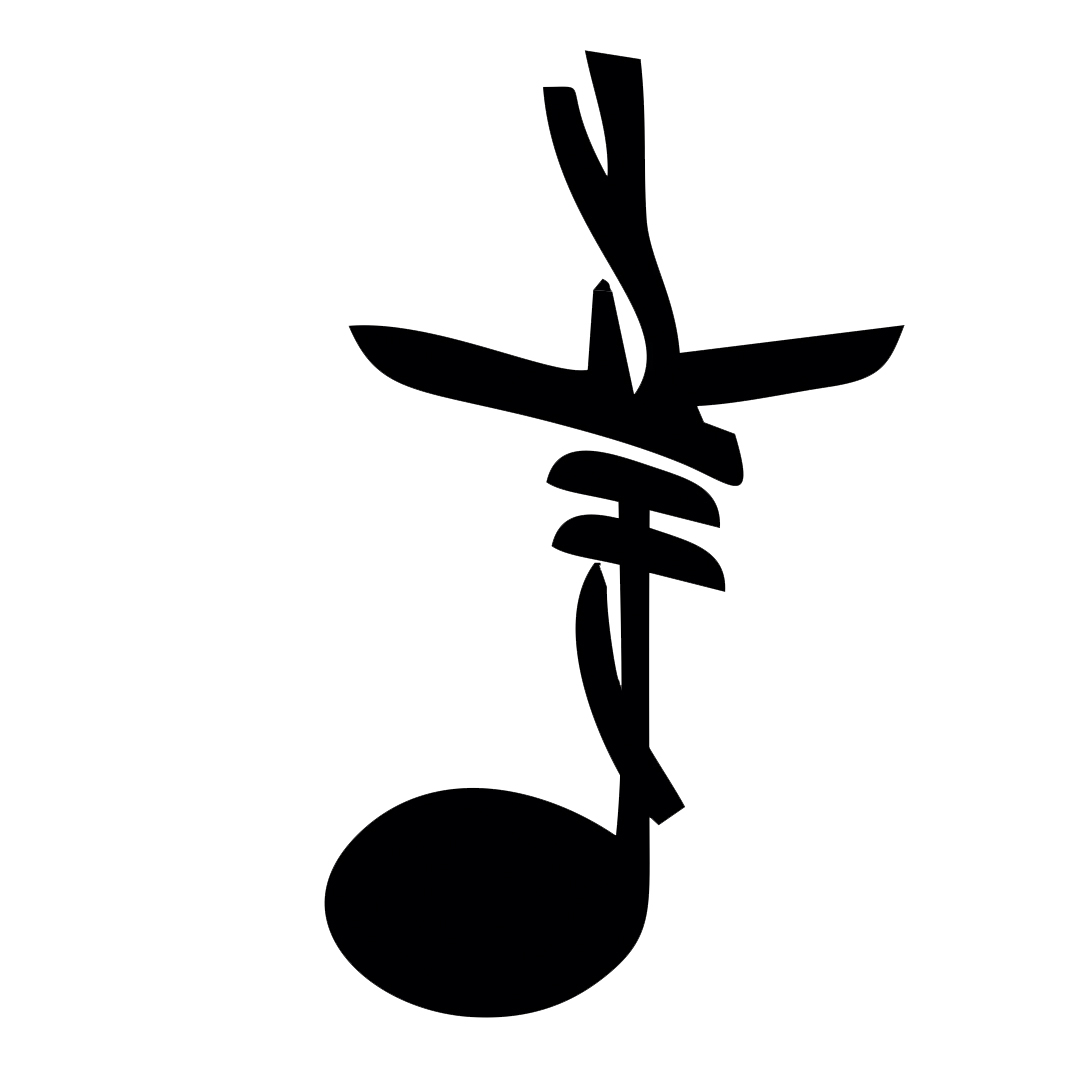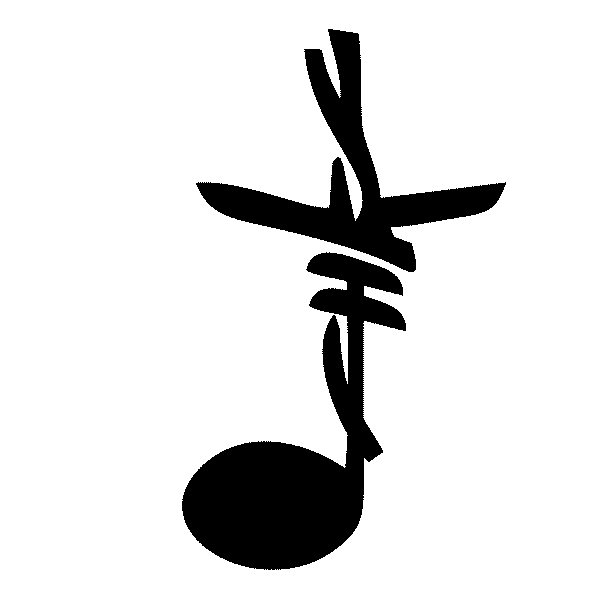[:de]
Die Hochschule für Musik und Theater München (HMTM) zählt zu den bedeutendsten und vielfältigsten Ausbildungsstätten für Musik-, Tanz- und Theaterberufe in Europa.
An fünf verschiedenen Standorten in München werden 1.200 Studierende in ca. 100 Studiengängen für die unterschiedlichsten künstlerischen und pädagogischen Berufsbilder ausgebildet.
Die Bandbreite der Studienrichtungen reicht dabei von Orchester- und Tasteninstrumenten über Historische Aufführungspraxis, Jazz, Komposition oder Volksmusik bis hin zu Musikjournalismus und Kulturmanagement. Ein Jungstudium für musikalisch Hochbegabte und das Zertifikatsstudium Meisterklasse runden die Bachelor- und Masterstudiengänge ab.
Rund 500 Lehrende – viele davon mit internationalem Renommee – und zahlreiche Alumni in künstlerischen Spitzenpositionen sorgen für die weltweite Strahlkraft der Musik-, Tanz- und Theaterausbildung in München.
Vorbereitung und Begleitung des Wettbewerbs
Der Präsident der HMTM, Prof. Dr. Bernd Redmann, und zwei Professoren der HMTM, Prof. Jan Müller-Wieland und Prof. Tilman Jäger, haben die Konzeption und fachliche Begleitung des Wettbewerbs übernommen.
Sie wirken darüberhinaus in der Vorauswahl und in der Jury maßgeblich mit.
Redmann, Bernd, Prof. Dr., phil.
Jäger, Tilman, Prof.[:en]
The University of Music and Performing Arts Munich (UMPA) is one of the most important and diverse training centers for music, dance and theater professions in Europe.
At five different locations in Munich, 1,200 students are trained in about 100 courses for various artistic and pedagogical occupations.
The courses range from orchestral and keyboard instruments to historical performance, jazz, composition, folk music, music journalism and cultural management.
The bachelor’s and master’s degree programs are rounded off by a Bachelor’s program for high-school musicians and the master’s degree certificate. Around 500 teachers – many of them with an international reputation – and numerous alumni in artistic top positions provide for the worldwide radiance of music, dance and theater education in Munich.
Preparation and professional support of the competition
The President of the UMPA, Prof. Dr. Bernd Redmann, and two professors of the UMPA, Prof. Jan Müller-Wieland and Prof. Tilman Jäger, have taken over the design and professional support of the competition.
They also play a decisive role in the preselection and in the jury.
To learn more about them, please follow the links below.

